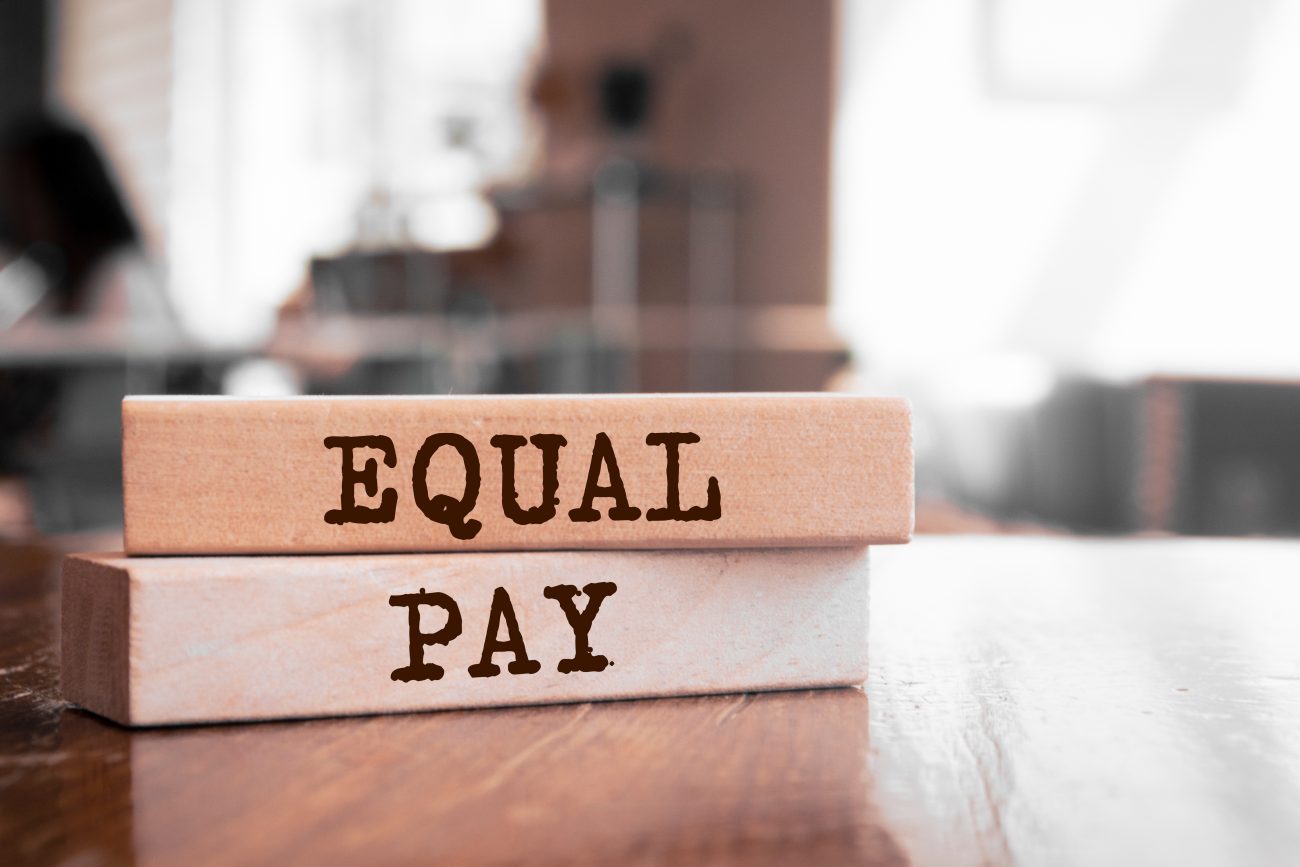Landmark equal pay case: Far reaching implications for employers
More than 3,500 current and former Next employees have won the final stage of their ‘hugely significant’ battle for equal pay in a case that has implications for employers, both large and small, across all sectors.
It is the first legal victory of its kind against a national retailer and although Next is appealing the decision, it now faces a back pay bill amounting to more than £30 million.
The culmination of this six-year legal battle comes as five of the UK’s largest supermarket chains also face equal pay claims from a large number of workers.
What happened in this important equal pay case?
The claim was brought by a group of Next store workers, mainly women, who said that they should not have been paid at a lower rate than employees in the warehouse, where just over half are male.
Helen Scarsbrook, who has worked for Next for more than 20 years, is one of the employees now set to receive several thousand pounds in back pay.
She said: “Anyone who works in retail knows that it is a physically and emotionally tough job. We do lots of heavy lifting, the same as the men do in the warehouse. We lift the same boxes they lift.”
How did the tribunal reach its decision in this equal pay case?
An employment tribunal finally rejected Next’s argument that its sales consultants, mainly women, were only paid less than its warehouse workers, mainly men, as a result of market forces driven by the wider labour market.
Next claimed that this pay structure, and resulting differences, was necessary to maintain the commercial viability of the business.
The tribunal accepted that the difference in pay rates was not as a result of ‘direct discrimination’ including ‘conscious or subconscious influence of gender’ but by the retailer’s bid to ‘reduce cost and enhance profit.’
However, it ruled that this ‘business need was not sufficiently great as to overcome the discriminatory effect of lower basic pay’.
Why is this equal pay case so significant?
Currently, five of the UK’s biggest supermarkets – Asda, Tesco, Morrisons, Sainsbury’s and the Co-Op – are also fighting equal pay claims against 112,000 workers.
These major employers are all using the same argument as Next around market pay rates – rejected by the employment tribunal – to counter these claims.
It is now thought that workers across a variety of sectors, including the care sector, hospitality and construction, might be encouraged by the Next case to take action.
What does the law say on equal pay?
By law, men and women must get the same pay for doing ‘equal work’. This right applies to employees, workers, apprentices, agency workers, those on full-time, part-time and temporary contracts and self-employed people who are hired to personally do the work.
‘Equal pay’ is categorised as:
- 'Like work' – work where the job and skills are the same or similar.
- ‘Work rated as equivalent' – work rated as equivalent, usually using a fair job evaluation. This could be because the level of skill, responsibility and effort needed to do the work are equivalent.
- 'Work of equal value' – work that is not similar but is of equal value. This could be because the level of skill, training, responsibility or demands of the working conditions are of equal value.
What should employers do now?
It’s important that employers develop and maintain clear and transparent employment policies regarding pay and promotion, so all employees know how their pay is decided.
Employers should also think about how different job types are valued, whether some roles draw more women than men and vice versa, and if the roles are valued equally for different genders, to ensure that any pay policies are not discriminatory.
It’s important to clearly document any disparity in pay and the reasons – for instance, experience, qualifications and performance as well as market conditions and to be careful not to justify any pay difference solely on market rates without other validating factors.
Get in touch
If you need advice about this area of the law, please contact Wards Solicitors’ specialist Employment Team.
Wards Solicitors is endorsed as a South West leading firm in the independent Legal 500 list for 2025 having received overwhelmingly positive testimonials from clients.


